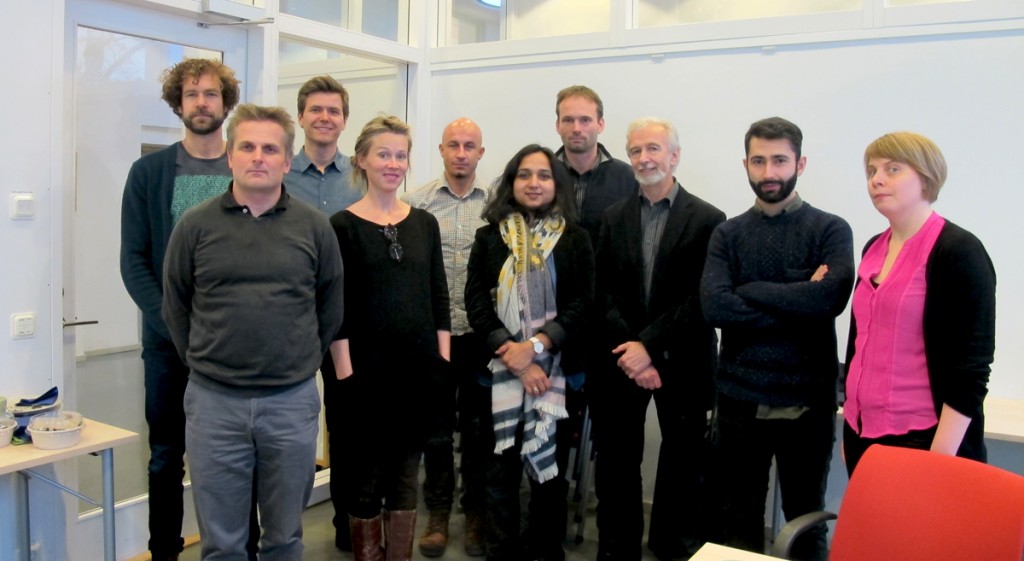
The third flagship has joined the fleet
The third flagship project "Shift", Sustainable Horizons for Transport, kicked off last week in Stockholm setting the agenda for the coming four years of multidisciplinary transport system research. The purpose…
The third flagship project “Shift”, Sustainable Horizons for Transport, kicked off last week in Stockholm setting the agenda for the coming four years of multidisciplinary transport system research. The purpose of the voyage is to suggest how a future low-carbon energy system is to be achieved in the Nordic countries.
Addressing the transport system is critical. Emissions must come down radically and quickly while meeting an unceasing growing demand. It’s an equation that doesn’t add up, says Marcus Wråke, project manager.
Shift will look at many aspects of transport: long haul freight, urban passenger transport, shared mobility and public transport to name a few. How do we stimulate the transition to a low carbon transport system? What policy design has the largest potential to increase the use of renewable energy?
We will look at cultural, political and behavioral aspects of technology change. We must take norms and lifestyles into account when understanding the choice of transport, says Steven Sarasini, one of four work package leaders.
The results rely on plenty of data and modelling scenarios. Modelling future scenarios provides a very simplified version of the world but it’s also a powerful tool to see what measures have the strongest effect.
Partners contributing to this project includes the following: IVL Swedish Environmental Research Institute (managing the project), Denmark Technical University – DTU Management Engineering, System Analysis Division, Transport Economic Institute – TØI, and Viktoria Swedish ICT.